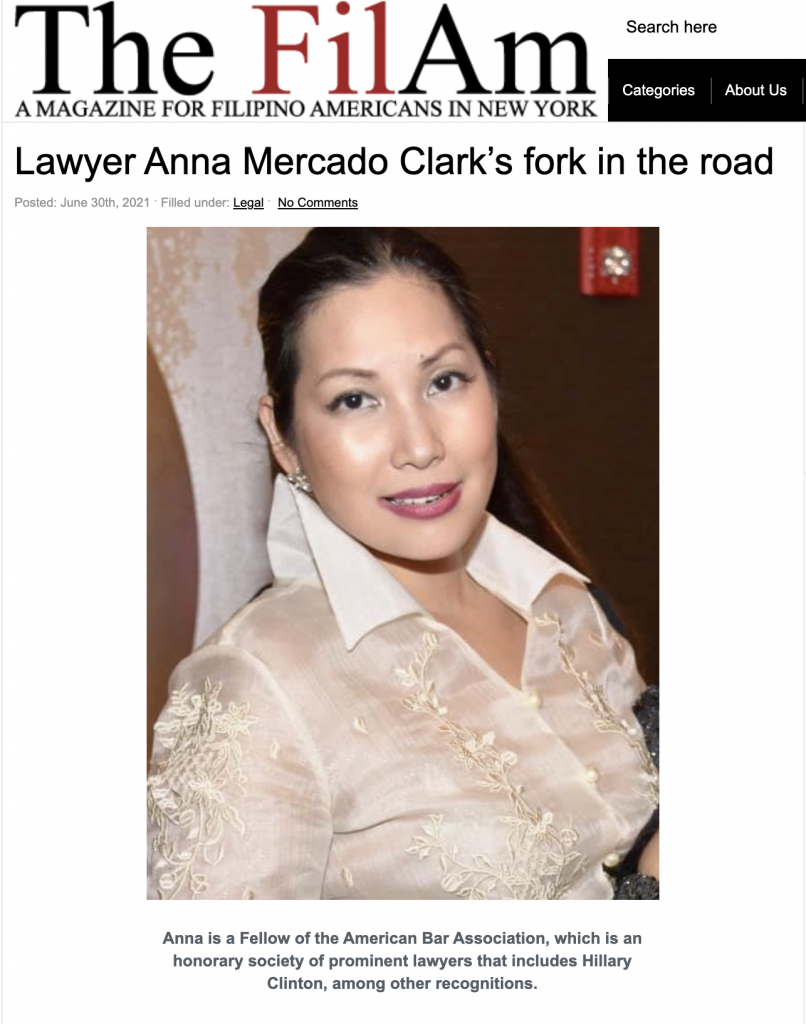July 20, 2021
As Asian American and Pacific Islander (AAPI) jurists in the New York State court system we celebrated AAPI Heritage month in May for the first time in our Courts by participating in panels, co-hosting events, and acknowledging the many jurists that blazed the trail for us. We also recognized the work that remains for the Courts to be inclusive of the AAPI experience.
Our fairly young history in the New York State Judiciary began only 38 years ago with the appointment of the Hon. Randall Eng to the New York City Criminal Court bench in 1983. It continued with the historic elections of the Hon. Peter Tom and the Hon. Dorothy Chin Brandt to the New York County Civil Court in 1987. Judges Eng and Tom were the first Asian Americans appointed to the Appellate Division and even served simultaneously as Presiding Justice and Acting Presiding Justice in 2016. Equally historic was the election of the Hon. Anil Singh in 2002, the first elected South Asian judge, and his subsequent appointment to the Appellate Division in 2017. The Hon. Raja Rajeswari became the first South Asian judge appointed in New York in 2015.
While we are proud to celebrate our “firsts,” many of us remain the “only,” and the AAPI community remains underrepresented in the judiciary. Secretary Jeh Johnson highlighted this fact in his October 1, 2020 report on equal justice in the New York State Courts, where he noted that AAPIs comprise 8.5% of New Yorkers and only 2.6% of the judiciary. Currently, there are only 39 AAPI judges in all of New York State, and that is out of 1,227 jurists. Secretary Johnson also reported that in New York City, AAPI people comprise 14.1% of the population and only 6.3% of the judiciary, and that the AAPI community remains underrepresented among judges chosen by election. 37 of the 39 AAPI judges preside in New York City, and there are only two elected AAPI judges north of New York City. There has never been an AAPI judge elected in Brooklyn, Staten Island or the Bronx. Only two out of the 86 Court of Claims judges are AAPI, and there are no South Asian jurists. No AAPI jurists currently sit on our intermediate appellate courts in the Second, Third, and Fourth Departments. No AAPI has ever been appointed to the Court of Appeals.
Of the 63 supervisory or administrative judicial positions in New York State, there are only two AAPI jurists. None of the 12 Administrative Judges in New York City, 10 Administrative Judges outside New York City and 21 Supervising Judges outside of New York City are AAPI jurists. These statistics show that Asian American and Pacific Islanders lack a full voice in the administration of justice in New York State.
We call upon public officials, the Office of Court Administration, bar associations and judicial screening committees to place a greater emphasis on diversity and inclusion that recognizes and includes the AAPI community across all levels of the New York State Courts. We also call upon our own AAPI community to be more proactive in all of the different stages of the judicial appointment and electoral processes so that we can ensure that there is a multitude of qualified candidates available for consideration. We hope to look back in the near future at the progress we expect to achieve.


